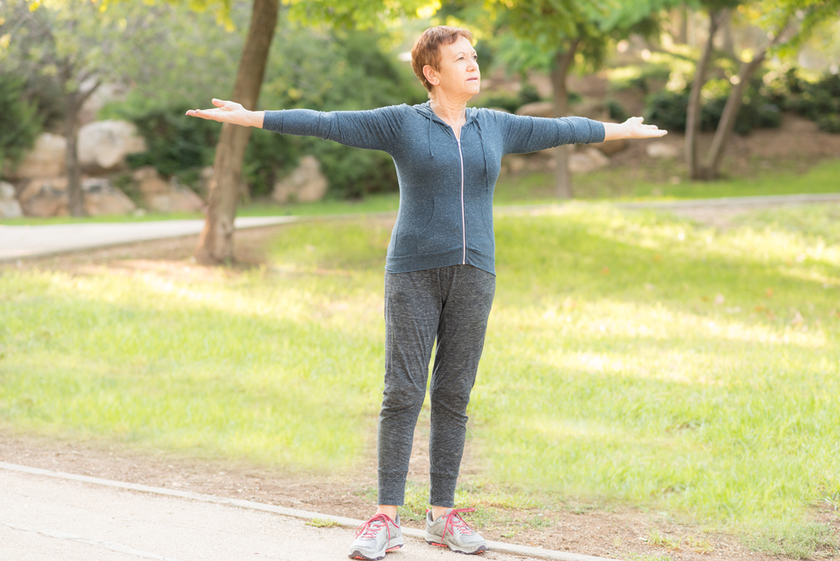Balance is a crucial facet of our daily existence that frequently goes unnoticed until it falters. Whether you are striving to uphold your autonomy, seeking to sustain an active lifestyle, or someone keen on enhancing your overall well-being, the simple act of walking can be instrumental in your quest to improve balance significantly. In this article, we will explore the realm of walking and its profound ability to enhance balance, enabling you to lead a life marked by heightened confidence and stability.
Strengthening Core Muscles
Walking is a low-impact exercise that engages your core muscles, including your abdomen and lower back. These muscles play a vital role in maintaining balance and stability. As you walk, your body constantly adjusts to maintain an upright posture, and this repetitive motion strengthens your core over time. Strong core muscles act like a natural support system, helping you maintain equilibrium and reducing the risk of falls.
Enhancing Proprioception
Proprioception, often referred to as your body’s “sixth sense,” is a remarkable ability. It enables you to perceive where your limbs and body are positioned in space, even when your eyes are closed. When you walk on uneven surfaces, your proprioceptive system goes into overdrive. It sends constant feedback to your brain, which then adjusts your muscle movements and balance accordingly. This ongoing neural adaptation not only enhances your physical balance but also sharpens your agility, making it easier to negotiate everyday challenges with confidence and grace.
Improving Leg Strength
Your legs are your primary means of support while walking. Regular walking strengthens your leg muscles, including your quadriceps, hamstrings, and calf muscles. As these muscles become more robust, they provide better support to your body, reducing the strain on your joints and improving your overall stability. Strong legs are crucial for maintaining balance, especially when faced with unexpected challenges.
Boosting Confidence and Coordination
Walking is a skill we develop early in life, but it’s one that we can continue to refine as we age. Incorporating walking into your daily routine helps improve your coordination and spatial awareness. These improvements can have a profound impact on your confidence levels, as you’ll feel more secure in your movements. Enhanced coordination and spatial awareness also enable you to react more effectively to potential balance threats, such as slippery surfaces or sudden obstacles.
Cardiovascular Benefits
Walking is not just about balance; it also provides significant cardiovascular benefits. A healthy heart and circulatory system are essential for overall well-being. When you walk briskly, you increase your heart rate and improve blood circulation. This, in turn, delivers more oxygen and nutrients to your muscles and brain, enhancing their functionality. A well-functioning brain is better equipped to manage balance and react to changes in your surroundings.
Walking Elevates Balance and Well-Being
Walking is a simple yet highly effective way to improve your balance and overall well-being. By strengthening core muscles, enhancing proprioception, and improving leg strength, you can enjoy greater stability and reduce the risk of falls. Additionally, the boost in confidence, coordination, and cardiovascular health that comes with regular walking can significantly improve your quality of life. So, lace up your shoes, step outside, and embark on a journey toward better balance and a healthier, more confident you.







